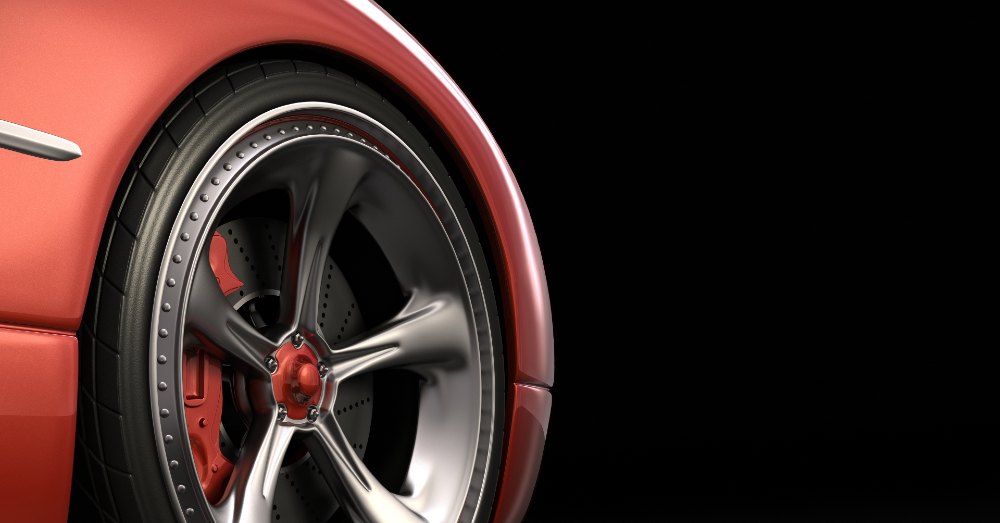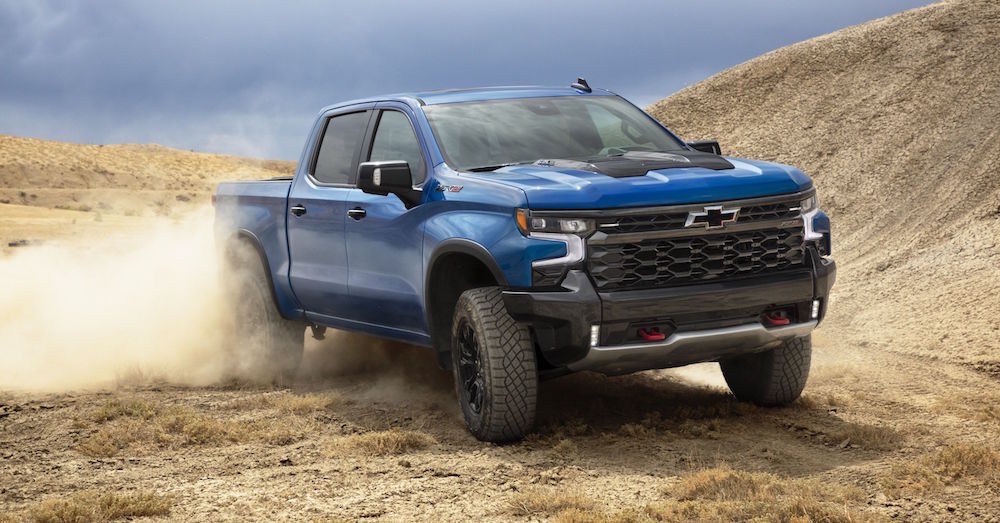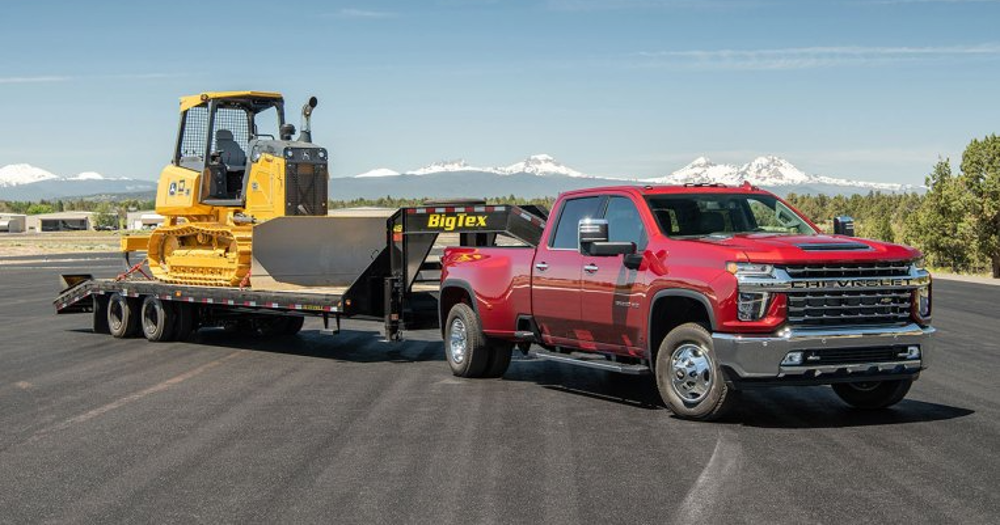When you’re looking for the right tires you need to know a little about the ones you use and what you should look for in your tires.
If you buy your rubber four shoes at a time, you will have balanced tires that typically do the job equally for a long time. This changes when you get a flat and need to replace one of the tires before you would normally do so. Let’s learn a little about what those tire numbers mean and then more about how to make your tires last longer.
What do the Numbers Mean?
You want to make sure the tires you need are on your vehicle. To do this you should consult the owner’s manual and understand a bit about what the numbers on the side of the tires mean. This is especially true if you bought your car from another individual who might have put the wrong tires on the car you now drive. Let’s look at what these numbers tell you.
Breaking Them Down Quickly
Tire sizes start with one or two letters, a series of numbers, another letter, more numbers, and finally another letter. All of these items mean something to the tire and what it offers. Let’s break it down a little for you.
- Tire Type –That first letter or letters is the tire type. Most vehicles use P for passenger vehicles
- Tire Width –The next three numbers represent the width in millimeters
- Aspect Ratio –After the slash, you have two numbers. The larger the number the bigger the sidewall of your tire
- Construction Type –The letter after the aspect ratio tells you the construction type of the tire
- Wheel Diameter –After the construction type is the wheel diameter, this is an extremely important number to most people
- Load Index –You need a chart to read this, but it tells you the maximum weight this tire can handle when properly inflated
- Speed Rating –This final letter indicates the top speed this tire can handle continuously. You need a chart to understand this as well
Putting all of this together, a tire that reads P 215/65 R 15 89 H is a tire that is made for a passenger vehicle is 215 millimeters in width, has a 65 percent aspect ratio, fits on 15-inch wheels, is a radial tire, can handle a load up to 1,279 pounds, and is made for sustained speed up to 130 mph.
How Can You Make Your Tires Last Longer?
Now that you know how to find the right tires for your vehicle, you want to make them last. Most likely, if you just bought your tires, you don’t want to spend that amount of money again any time soon. Let’s consider some tips to ensure you have the tires you need and you help them last a lot longer.
Use the Right Tires for the Season
Most of us buy all-season tires, which is fine because you never have to change them. If you have special tires for the summer or winter season, you need to use them only during those seasons. It’s important to pay attention to this fact when you have these special tires that are made only for some seasons of the year.
Your Driving Habits Matter a Lot
Everything on your vehicle will last longer if you drive at a safe and steady pace. You might not feel excited about slowly accelerating to your desired speed or braking slowly to a smooth stop, but your tires will certainly thank you. It wasn’t cheap to buy the right tires for your car, now it’s time you make them last a long time with safe driving habits.
Rotate Your Tires Regularly
Your owner’s manual tells you when you need to have your tires rotated, make sure you do. This is an important part of ensuring your tires last as long as they can. This action helps to distribute the wear of the tires more evenly and preserves them for much longer than you might expect.
Avoid Road Hazards Whenever Possible
All the careful driving in the world won’t protect your tires from a pothole if you hit it hard enough. Try to look out for these and other road hazards that can tear up or puncture your tire by only hitting them one time. Hitting potholes can lead to much more than tires being damaged, this can damage other parts of your car as well.
Check the Tire Pressure Often
At least once a month, or when the temperatures change dramatically, you should check your tire pressure. Properly inflated tires last a lot longer than those that are either over or under-inflated. You spent a lot of money to have the right tires put on your car, and protect them by keeping them at the right air pressure level.
Keep Your Tires Aligned and Balanced
If your wheels are out of alignment, your tires won’t wear evenly. This can cause you to have tires that don’t last nearly as long as they should. Balancing your tires is important to ensure they rotate at the same rate together. This is a service you should ask for whenever it’s time for regular maintenance on your vehicle.
Avoid Road Shoulders
Much of the debris found on the road ends up on the shoulders. This area isn’t usually flat or even and it can be filled with nails or other items that can damage your tires. You don’t want a flat tire, which means you need to avoid driving on the shoulder of the road s much as possible. This might be unavoidable, but you need to stay off the shoulders whenever you can.
Park Your Car in the Garage
If you have a garage it’s the best place for your car if you want your tires to last a long time. The UV rays from the sun can damage the rubber in your tires. You bought the right tires for your car, now protect them by putting your vehicle in the garage where it belongs.




